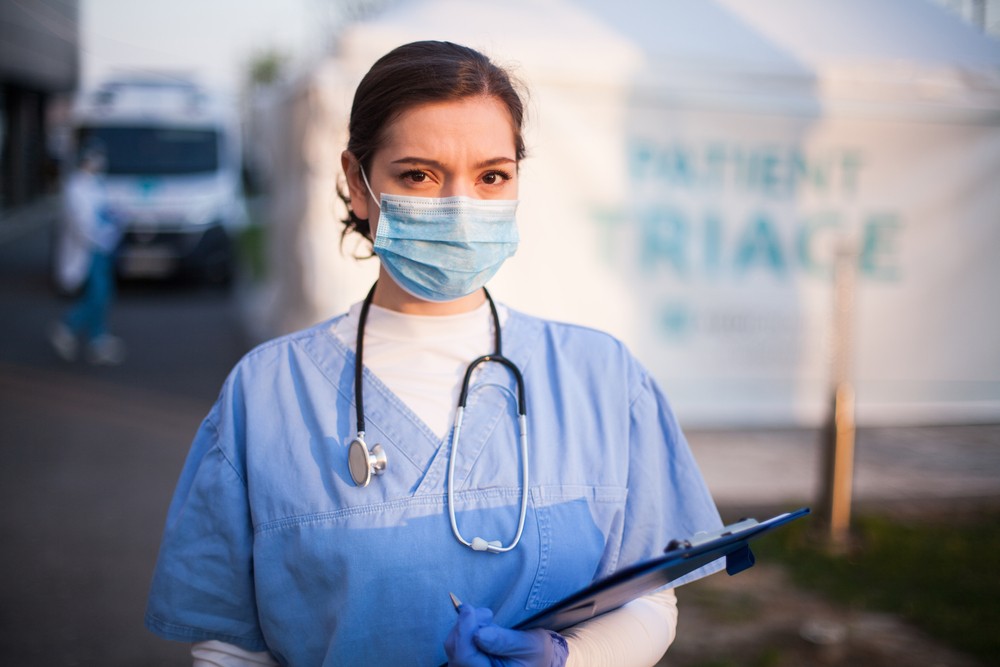GPs as patients (n=405) achieve 85% recovery with multi-channel CBT

Where do doctors turn when they need help?
We are proud to have been partnering with the Practitioner Health Programme for the last 8 years, treating NHS medical doctors and dentists working in London. The GPH programme was a natural extension to the service helping GPs across NHS England struggling with mental health problems.
We are now into our second year of the new service and the data on 405 GPs (with mental health problems) from year one is very exciting and interesting – with 85% making a full recovery across a multi-channel delivery of CBT.
Treatment is an evidence-based psychological service in a multi-channel mix of digital and traditional Face to Face. All therapy is overseen by accredited or regulated professionals.
The Results
The graph below shows a comparison to the assessment and discharge scores the following face to face CBT. For our GPs, 249 had face to face therapy and 85% of patients achieved a full recovery – scoring below 5 on both the PHQ-9 and GAD-7.

How we measure recovery?
We measure everyone on several measures but the PHQ-9 and GAD-7 are designed to facilitate the recognition for depressive disorders and anxiety disorders respectively. These are the national standard measures routinely used by GP’s (in clinical practice), mental health professionals as screening tools and evaluation of treatment progress. The PHQ-9 and GAD-7 are also used to measure IAPT services across NHS England so are an ideal benchmark to evaluate our services.
- We recently reviewed a trauma-focused CBT service for a ‘blue light’ occupational health service
- PHP and Onebright’s launch of their national service for GPs in NHS England
- The HSE has calculated depression or anxiety caused by work-related stress has risen by 12% in last year
- The six anxiety disorders are a cluster of problems often related and overlapping, with defined criteria
When we look at remote and digital access to CBT we can see that the recovery patterns are very similar. However, here the recovery rate is 100%; if the GPs are not recovering, or scoring above 5, then they are ‘re-channelled’ to see a CBT therapist face to face – and to avoid double-counting their data is captured in the graph above.

How Does Our GPs Recovery compare to Other Services?
85% of our GPs reach recovery to “caseness” taken as a score of 5 or below as measured on the PHQ-9 and GAD-7, as contrasted to 49% in NHS IAPT services. Of note is that the NHS uses a score of below 10 on the PHQ-9 and at or below 8 on the GAD-7 as a measure of recovery – if we used the same benchmark our recovery rate would be 92%.
How Do We Achieve These Results?
These outcome results speak for themselves, and GPs do very well with CBT – but this is similar to other professional groups like police officers. All patients are triaged, and the best treatment path is identified with the focus on recovery. Every story is unique but there are themes: as referrers to their local IAPT services (or in several cases commissioners of IAPT) makes it difficult to access their local service. Other themes are endless workloads, perfectionism, the shame of being ill, and fears of complaints.
Whilst their safe practice is very important (ensuring our patients are safe to practice with their patients) our focus is ensuring they are receiving disorder-specific formulation driven CBT. Also, this is the right therapy, at the right time, in the right place. Our governance process ensures patient’s treatment plans are clinically appropriate and being delivered by expert professionals. All in all, doing what we say on the box.
